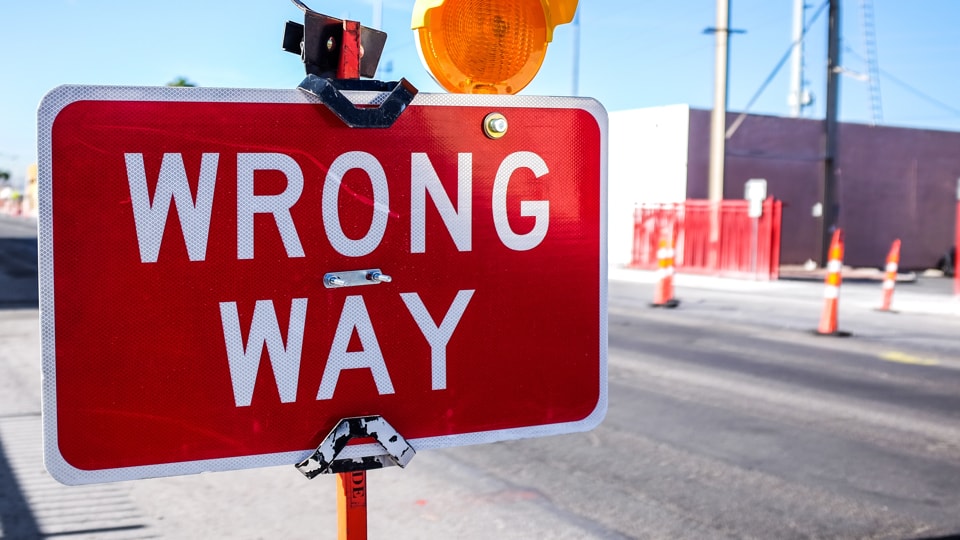Warum handeln wir so oft wider besseres Wissen? Ist es nicht so, dass auch du genügend Ideen hast, was du tun könntest, um die Qualität deines Lebens zu steigern?
Ein typischer Berliner Spruch lautet:
Schad’ mein Vater gar nicht, dass mir die Hände frieren,
soll er mir doch Handschuhe kaufen.
Lieber frieren, als die Verantwortung selbst zu übernehmen? Jeder von uns kennt wohl auch jemanden, der sagt: Wenn es dies nicht auf Krankenschein gibt, dann will ich das nicht für meine Gesundheit tun. Krass, aber so verbreitet. Es gibt so viele Beispiele. Vorsätze für das neue Jahr. Oder warum heisst es, stelle dein Licht nicht unter den Scheffel? Weil es so oft vorkommt! 7 Millionen Mindestlohnempfänger verändern ihre Situation nicht.
Wo machst du es auch so?
Ich erlebte es ja oft im Seminarbereich. Im Millionärsworkshop zum Beispiel hörte ich: „Auch nichts Neues, kenn ich schon alles.“ Ich hatte extra ein Chart dafür, damit dieser Ausspruch, den ich mal in einer Kaffeepause gehört hatte, nicht wieder unreflektiert gehört wird. Denn er bedeutet: „Ich weiss es, aber habe es nicht angewandt, deshalb bin ich wissend, aber nicht reich.“ Allwissend aber unfähig.
Auch erlebe ich immer wieder, dass jemand sagt, das Seminar sei ihm oder ihr zu teuer. Ohne den Inhalt erlebt zu haben! Nur das Preisetikett gesehen und mit den eigenen Emotionen oder dem eigenen Geldbeutel abgeglichen.
„Teuer ist unfair“ ist dann der tief sitzende, unreflektierte Gedanke. Ein Preis, der höher ist, als du ihn dir leisten kannst oder nicht leisten willst, kann aber trotzdem fair sein! „Teuer“ und „hoher Preis“ sind grundverschieden.
In diesem Zusammenhang sagte mal jemand, ich denke halt ökonomisch. Gemeint war wirtschaftlich sinnvoll. Und das war die Falle. Preisbewusst bedeutet halt nur: sich bewusst sein über Preise. Das ist noch lange kein wirtschaftliches Verständnis. Mein Lieblingsbeispiel ist das versteigerte Mittagessen mit Warren Buffet. Da zahlte einer für 2 Stunden Lunch mit Buffett 2,4 Millionen. Viel Geld, sicher. Aber teuer? Wer weiss! Wenn der Ersteigerer gute Fragen zu Investments hatte, kann der Zugang zu Buffett für ihn sehr profitabel gewesen sein.
In Seminaren erlebe ich im deutschsprachigen Raum meist, dass der Seminarpreis hochgerechnet wird, um herauszufinden, was der Trainer oder Sprecher verdient. Erstens werden die Kosten der Veranstaltung von Laien gravierend unterschätzt und zweitens ist der Vergleich Nonsens. Denn es geht doch nicht darum, was der Trainer verdient. Sondern darum, ob der Seminarbetrag ein gutes Investment für den einzelnen Teilnehmer ist. Das ist die richtige Frage. Wenn ich 10.000 bezahle und einen Wert von 50.000 bekomme, dann ist dies doch ein gutes Investment! Es bleiben so viele auf einer Finanzstufe stehen, weil sie in Preis denken, und weil sie nicht Investments und Rendite denken können.
Gehe in ein Seminar und bezahle gerne gute Honorare und fokussiere darauf, was du daraus machen kannst. Aber Umsetzen ist deine eigene Verantwortung!
So sagt auch der Volksmund schon: Guter Rat ist teuer, gemeint kostet mehr Geld. Aber er kann Lebens-Zeit sparen, Fehler und damit Schäden vermeiden und er kann dich auch schneller zu grossem wirtschaftlichen Erfolg bringen.
Lasse dich nicht von deinen Emotionen vom Erfolg abhalten. Fair Exchange bedeutet auch die Bereitschaft, fair zu honorieren. Unterm Strich ist Billig so oft viel teuerer.
Und vor allem – verurteile nichts im Aussen. Entscheide im Inneren, wer du sein willst. Es geht nicht darum sich zu finden, sondern zu erfinden. Kreiere Dich! Immer wieder neu!
